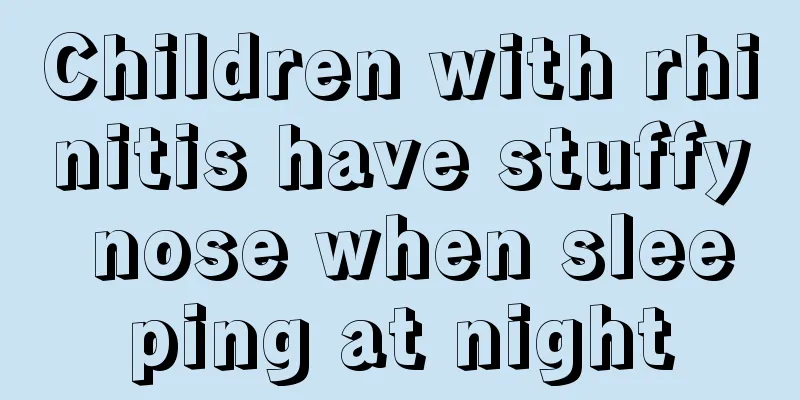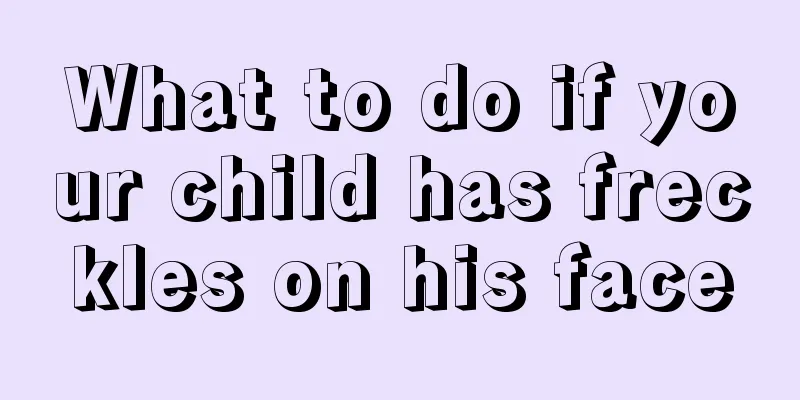What causes excessive sweating in children?

|
Children always sweat a lot, which makes many parents worried. Because no matter what abnormal conditions the child has, if they are not taken seriously, it may cause more harm to his health. Therefore, if parents find that their children sweat a lot, they need to learn more about the reasons and prescribe the right medicine to reduce the adverse effects. In early childhood, due to the vigorous metabolism and active children, some of them cannot rest even after going to bed at night, so they may sweat on their heads after falling asleep. The so-called physiological hyperhidrosis refers to sweating during sleep when the child is well-developed, healthy, and has no disease. Parents are often accustomed to deciding the best environmental temperature for their children based on their own subjective feelings, and like to cover their babies with more blankets and keep them tightly covered. Because children's brain and nervous system are not yet fully developed and they are in the growth and development period, their body metabolism is very active. Coupled with the stimulation of overheating, they can only regulate normal body temperature by sweating to evaporate the heat in the body. In addition, drinking milk, malted milk or eating chocolate before going to bed can also cause sweating in children. Some parents give their children milk, malted milk, etc. before they go to sleep. After the child falls asleep, the body produces a large amount of heat, which is mainly dissipated through sweating through the skin. In addition, too high room temperature or excessive warmth can also cause children to sweat while sleeping, which are all physiological sweating. Pathological sweating occurs when the child is in a quiet state, such as sweating caused by rickets, which manifests as obvious sweating on the child's head in the first half of the night after falling asleep. Because the pillow is irritated by sweat, babies often shake their heads and rub against the pillow when they sleep, resulting in sparse hair and loss of hair on the pillow, forming typical annular hair loss on the pillow, which is medically known as "occipital baldness". It is an early manifestation of rickets in infants. As long as vitamin D and calcium are supplemented in time, rickets can be controlled and sweating will stop by itself. Because as long as we understand what the problem is that causes children to sweat excessively, we can provide targeted treatment and solutions to reduce more adverse effects and injuries as much as possible. Therefore, every parent needs to pay special attention to these common sense issues when taking care of their children. |
<<: What should I do if my baby has nasal mucus?
>>: What is the reason for the baby's excessive sweating?
Recommend
What are the symptoms of anemia in babies?
Anemia in babies is a common disease during their...
What to do if your child always doesn't like to eat
Many parents are troubled by children's refus...
Why does my baby rub his feet?
Babies are the most loved by their parents, and a...
Why do babies yawn frequently?
Many parents will find that their children yawn f...
Why does my baby keep crying at night?
Because children's bodies are constantly deve...
What is the best way to treat anxiety disorders in children?
Nowadays, many children develop a series of sympt...
How to prevent baby's red bottom, mothers can do this
It is very easy to prevent a baby's diaper ra...
What to do if you get a bump on your forehead?
In daily life, the forehead is often hit due to c...
Can eight-month-old babies drink yogurt?
Milk is a healthy drink, and its derivatives, suc...
What to do if your child has low intelligence
Many children are prone to problems when they are...
Is it necessary to shave the hair of a newborn baby?
The lanugo of a newborn mainly refers to the hair...
Why does a baby fart and cry?
Why does a baby cry before farting? This is a ver...
What should I do if my baby has diarrhea?
A problem that mothers often encounter is diarrhe...
What should I do if my baby has stomach fire?
It is a very common disease for babies to get ang...
What should I do if my baby has diarrhea after vaccination?
Every baby needs vaccinations. Although many epid...









